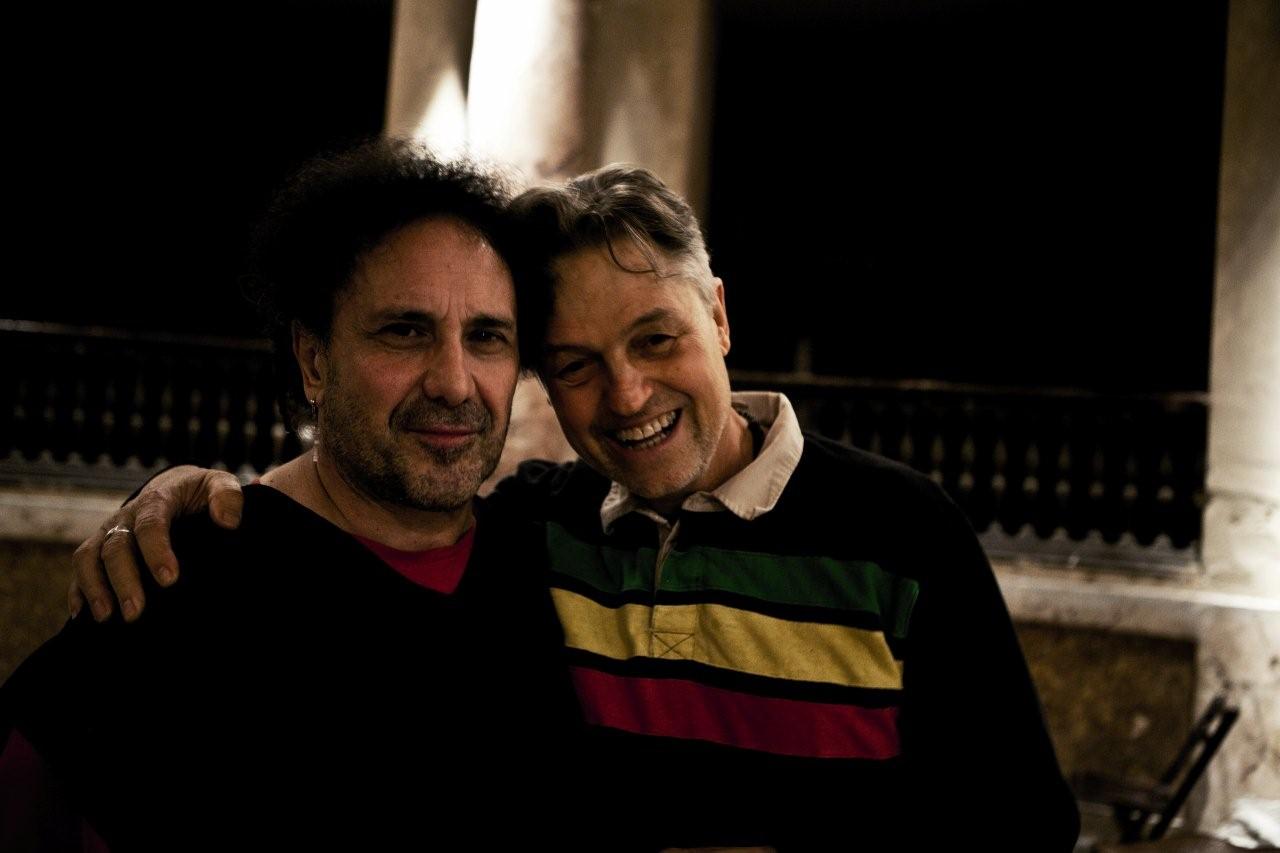
Over the centuries, Italy has contributed countless things to international culture. It was of course, the center of the Roman empire, the birthplace of the Renaissance and Da Vinci, and gave the world Vivaldi, Verdi, Dante, Calvino, Fellini and Antonioni. But at least in the 20th and 21st century, music was not its strongest suit, as such. The county did birth the great film composer Ennio Morricone, and electronic pioneer Giorgio Moroder and the Italo Disco movement, but the number of Italian popular musicians who became internationally famous can, for the most part, be counted on the fingers of one hand.
But Jonathan Demme is out to change that. Few need to question the “Silence of the Lambs” director’s credentials as a muso at this point — he’s made a number of music documentaries over the last thirty years, including “Storefront Hitchcock,” four films on Neil Young, and Talking Heads picture “Stop Making Sense,” arguably the best-ever concert film. For his latest non-fiction film, Demme has come back to the music world to focus on a figure far less well-known to international audiences, Italian multi-instrumentalist and composer Enzo Avitabile, in “Enzo Avitabile, Music Life.”
Avitabile has won fans both at home and in world music circles since the early 1980s, starting off principally as a saxophonist, and collaborating with international artists like Tina Turner, James Brown, Richie Havens and Afrika Bambaataa. More recently, his music has moved more and more towards paying homage to ancient Italian folk music, as well as collaborating with international musicians playing their own traditional, often-now-obscure instruments.
 And it’s the latter upon which Demme (who discovered Avitabile’s music after hearing him on the radio while driving across the George Washington Bridge in 2006) focuses much of “Enzo Avitabile: Music Life” on – live performances, in a church basement, collaborating with a veritable collection of world music all-stars, including Gerardo Nunez, Amal Markus, Daby Toure and many others.
And it’s the latter upon which Demme (who discovered Avitabile’s music after hearing him on the radio while driving across the George Washington Bridge in 2006) focuses much of “Enzo Avitabile: Music Life” on – live performances, in a church basement, collaborating with a veritable collection of world music all-stars, including Gerardo Nunez, Amal Markus, Daby Toure and many others.
It’s these performance pieces – which probably make up half of the brisk sub-80-minute film, which are the undoubted highlight, even for newcomers to Avitabile, and indeed most of the performers, like ourselves. Thrilling, intricate, and displaying an inventive array of instruments we couldn’t even begin to name (one of the more interesting moments is Indian drummer Trilok Gurtu blowing into a tin can, before playing a gong half-immersed in water). They rock as hard as a selection of world musicians playing music with religious leanings can, and Demme captures them beautifully, unafraid to get his camera right in on the performers’ faces and fingers.
Unfortunately, the rest of the film, which sees Demme follow Avitabile around Naples and on a trip to his home town of Marianella, is less successful. His subject has clearly lived a fascinating life, from encounters with the aforementioned music legends, to a brief flirtation with Buddhism, to temporarily losing his sight (saved by two cornea transplants), to the death of his beloved wife, and his subsequent return to Christianity, something that deeply informs his more recent works, of which he’s written as many as 300 pieces that are yet to be performed. But Demme never comes close to really examining Avitabile – those elements are touched upon, but never explored in real detail, leaving the film as a rather shallow travelogue and borderline hagiography. By all accounts, Demme and Avitabile got on famously, but unfortunately, the director is too deferent to his subject, and the film’s much less interesting than it could have been. The excellent musical sequences undoubtedly make it worth a watch for Avitabile’s fans and for WOMAD types, but sadly, the slightness of the finished film means it’s unlikely to find much of an audience outside that niche. [C+]

